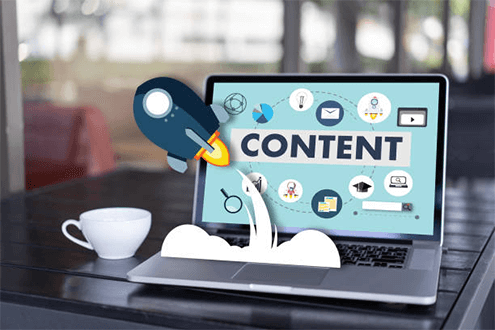Launching a small business online is easy. Successfully launching a small business online is considerably less so. Achieving this impressive feat will take persistence, perseverance, and planning. Your small business launch plan will need perfect execution to achieve the best results. You will need to research the best launch strategy for your business and take your specific target market into account. A successful launch plan needs to include the bottom seven elements because those, when combined correctly, will give your small business the best chance of succeeding in the online world.
1. Budget
Launching a business online, however small, will cost considerably less than if you were trying to do it in a real-world retail space. That is the good news; the slightly less good news is that you need to cast your net in specific places to yield the best results. To do this, you will need to launch with a decent budget. Your budget will depend on a few varying factors like location, demographics, and market position. Your market position is determined by the demand for your product/service, combined with the number of competitors in your area. A general rule to go by is to take your projected annual turnover and use 25 percent of that figure to launch.
2. Website
We all know that websites are considerably cheaper to set up these days than they were ten or fifteen years ago; no one is disputing that. The key to a great website is that it needs to look professional, offer a great user experience, and get your message across in an uncomplicated way. A great domain registrar company can help you choose the best domain name for your business. This kind of quality website won’t be cheap, but it also won’t cost you an arm and a leg. Unless you have experience with web design, your best bet is to hire someone that does. You specifically need to focus on the practical elements of your website, like user experience, functionality, and flow. The visual aspects can then be added once you’ve got the basic layout nailed down.
3. Content
As you familiarize yourself with the world of digital marketing, you will soon learn that content is king. This means that you need to always make sure that what you put out there is aligned with your brand and that the message you’re sending to your target market is clear. Your content needs to effortlessly grab the attention of your audience and draw them in. The most effective way to create great content is to make use of a top video production company like Zipinmedia to help you craft immersive video content.
4. Marketing
One of the most integral parts of your launch plan has to be your marketing strategy. You know your product or service; hopefully, like the back of your hand. The next step is to know your audience. You need to make sure that you know where your audience is online, like are they are Facebook groups, prefer Instagram, are responsive to social media campaigns, or would be better off using Google Adwords. These are the types of questions that you should be asking yourself when you’re putting together your launch strategy.
5. Social Media
Social media is a tricky digital beast, but with the correct thinking, you can slay it. Most social media platforms offer some form of advertising, at a cost, of course. Platforms like Facebook are constantly evolving the way they allow businesses and users to advertise through their sites/app. This means that with their automated placements, your business will get the best possible positioning for your target audience. You will need to fill in a few of the blanks, but after that Facebook will get you good results.
6. Customer Experience
Online consumers work differently from traditional consumers in some ways. One of these ways is that they have higher expectations from a customer experience point of view. Customer experience is not just about service or support; your customer’s entire journey needs to be well thought out and expertly fluid.
7. Complaint Resolution
Most consumers understand that, from time to time, they are going to run into a few problems with a product or service they have paid for. These issues could include things like product quality, technical issues, billing issues, and customer service. You need to ensure that your small business has a quick and fair complaint resolution process. Your customers need to feel like they are heard, particularly the ones who have not had the experience that they deserve.



